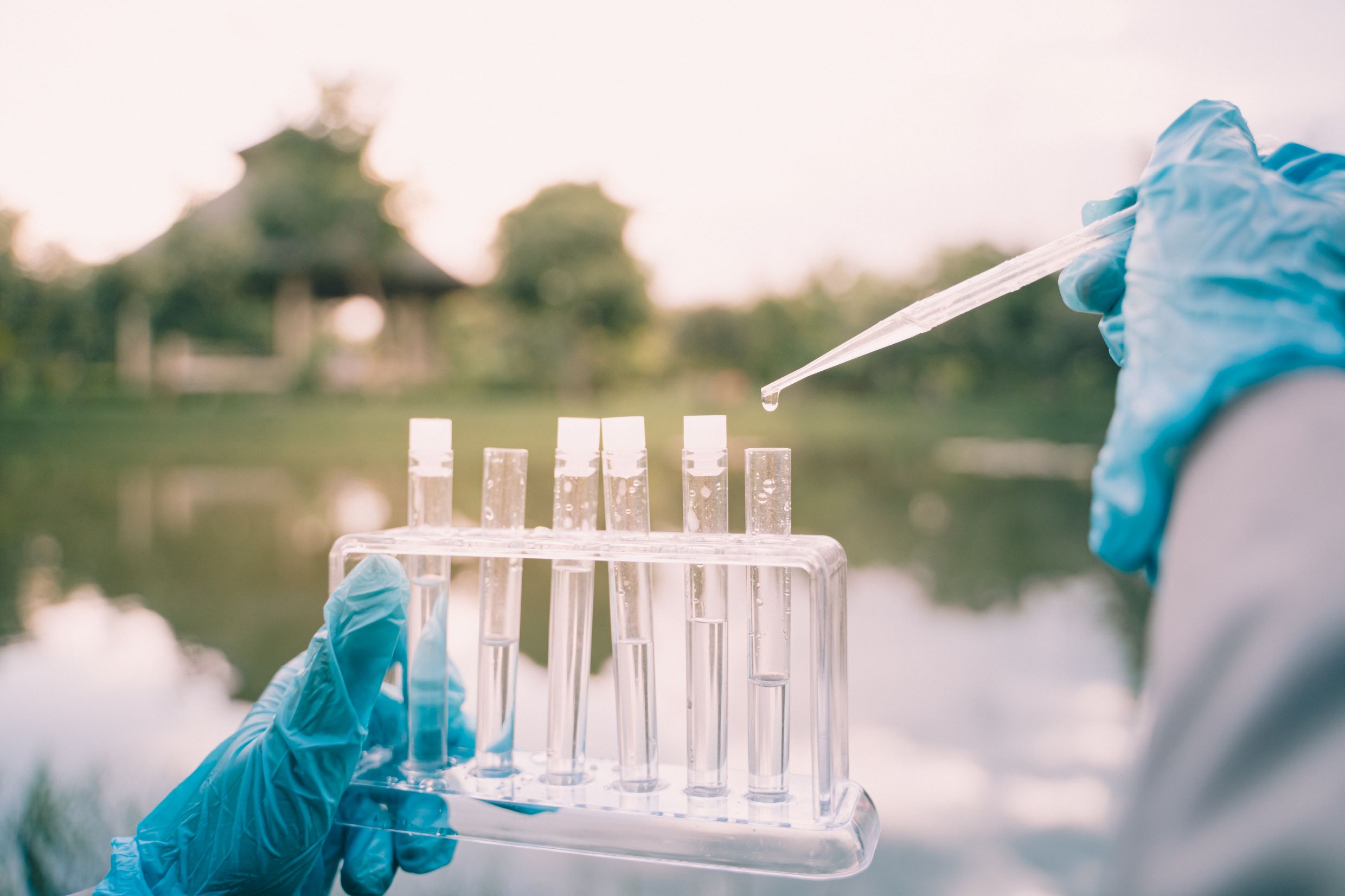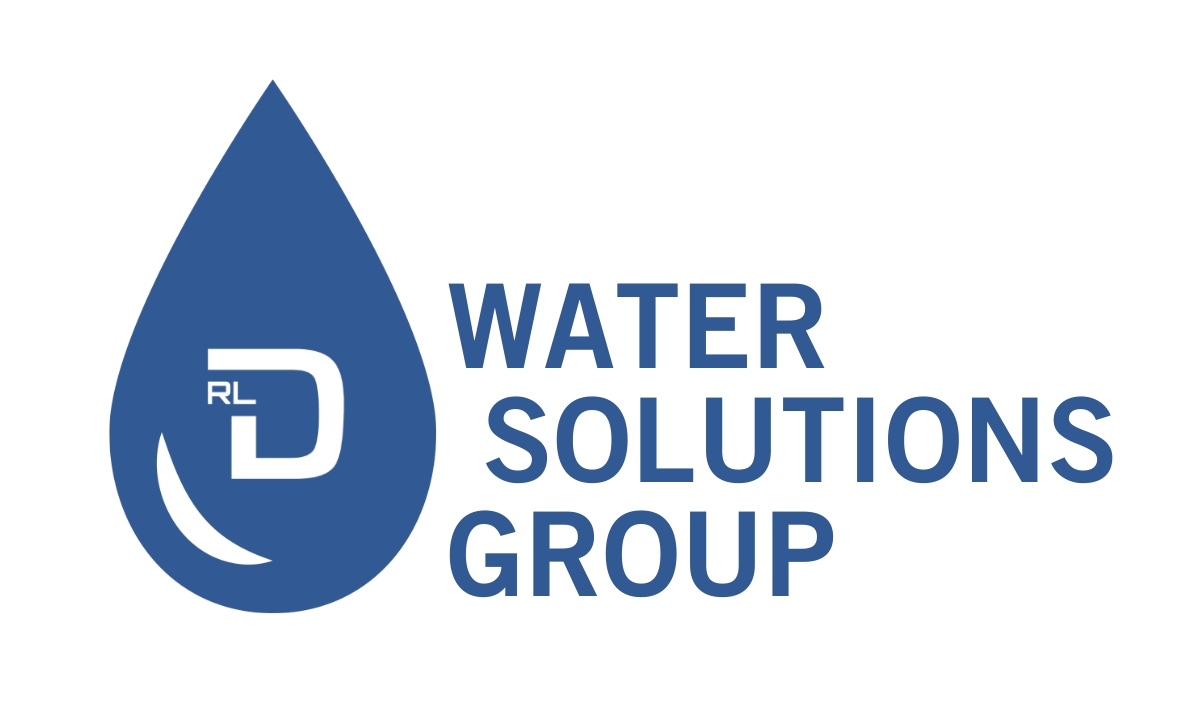When discussing water quality in domestic hot water (DHW) systems, the focus often centers on mitigating pathogens like Legionella. While this is critical, Lync by Watts emphasizes that water quality has a much broader impact—affecting energy efficiency, system longevity, and operational costs.
Poor water quality, often due to mineral buildup, corrosion, and chemical contaminants, can lead to scale formation, increased energy consumption, and premature equipment failure. Scale buildup alone can significantly reduce heat exchanger efficiency, forcing systems to work harder and consume more energy. Corrosion, on the other hand, weakens system components, leading to leaks, breakdowns, and costly repairs.
Fortunately, proactive water treatment strategies—such as filtration, anti-scale technologies, and alternative disinfection methods—can help mitigate these issues. By addressing water quality holistically, building owners and facility managers can improve system reliability, reduce maintenance needs, and achieve long-term cost savings.
For a deeper dive into how water quality affects DHW system performance and strategies for improvement, read the full article in PHCP Pros by Armin Madani, Certified Water Treatment Designer at Lync by Watts.
Water Solutions Group offers innovative water quality solutions and is a proud representative of Lync by Watts.
Water Solutions Group is a separate division of the R.L. Deppmann Company created to provide end users and engineers with a valuable resource in efforts to improve water quality. Proper water quality management protects the equipment, operations, occupants, and environment. Water quality should be considered at the time of design to ensure safe and efficient operating systems. Our intimate knowledge of water systems positions Water Solutions Group to be the ideal partner when evaluating operational issues that may arise because of poor water quality.



